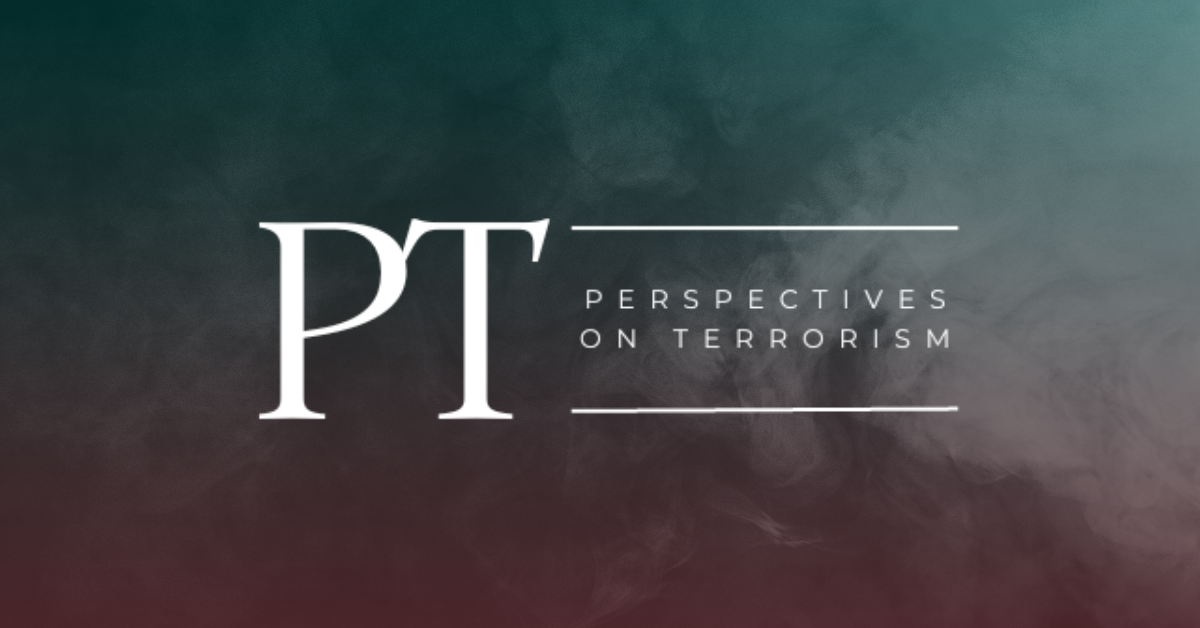The proliferation on terrorist online postings and their documented impact on recruitment of fighters and activation of lone-wolf operations caused governments and security agencies to launch various countermeasures. These measures—such as “deplatforming” or removal of terrorist online content, suspension of social media accounts, and pressuring social media companies to remove terrorist propaganda—have led terrorists to seek new alternatives. One of the more sophisticated ways extremists and terrorists are recently communicating is through the use of virtual dead drops. The dead drop, a term taken from the espionage terminology, was used to secretly pass information items using a clandestine location. Recently, the physical dead drop has been transformed to a digital one mainly in the form of anonymous sharing portals and cloud services. This study reveals the various platforms used by terrorist groups like the Islamic State, al Qaeda and al Shabaab to store and disseminate material on online dead drops. Scanning these dead drops led to a database containing all links used for directing to the virtual dead drops and the content posted herein, including texts, photos, videos, news broadcasts, weapon manuals (‚cook books’) and infographics. The database was subjected to a systematic content analysis, using a codebook with a list of criteria such as the platforms used for the dead drops, date of publication, type of content posted, a brief description of the content and extra links included in the posts, audience reaction (comments, likes, retweeting). The findings reveal that Jihadists are using the dead drops with growing sophistication, relying on more outlets and more links to the same content. Some groups are systematically using several anonymous platforms to publish their daily report, providing their followers with multiple ways to access and download propaganda content. This method allows them to reach larger audiences, to maintain their online presence for a longer time and to avoid total removal of their postings. The findings lead to several implications regarding the dialectic nature of the struggle between online terrorism and counter terrorism and the required preemptive measures.
ICCT Latest Research Visit icct
About ICCT
The International Centre for Counter-Terrorism (ICCT) is a think-and-do tank based in The Hague, Netherlands. We provide research, policy advice, training and other solutions to support better counter-terrorism policies and practices worldwide. We also contribute to the scientific and publi.…


